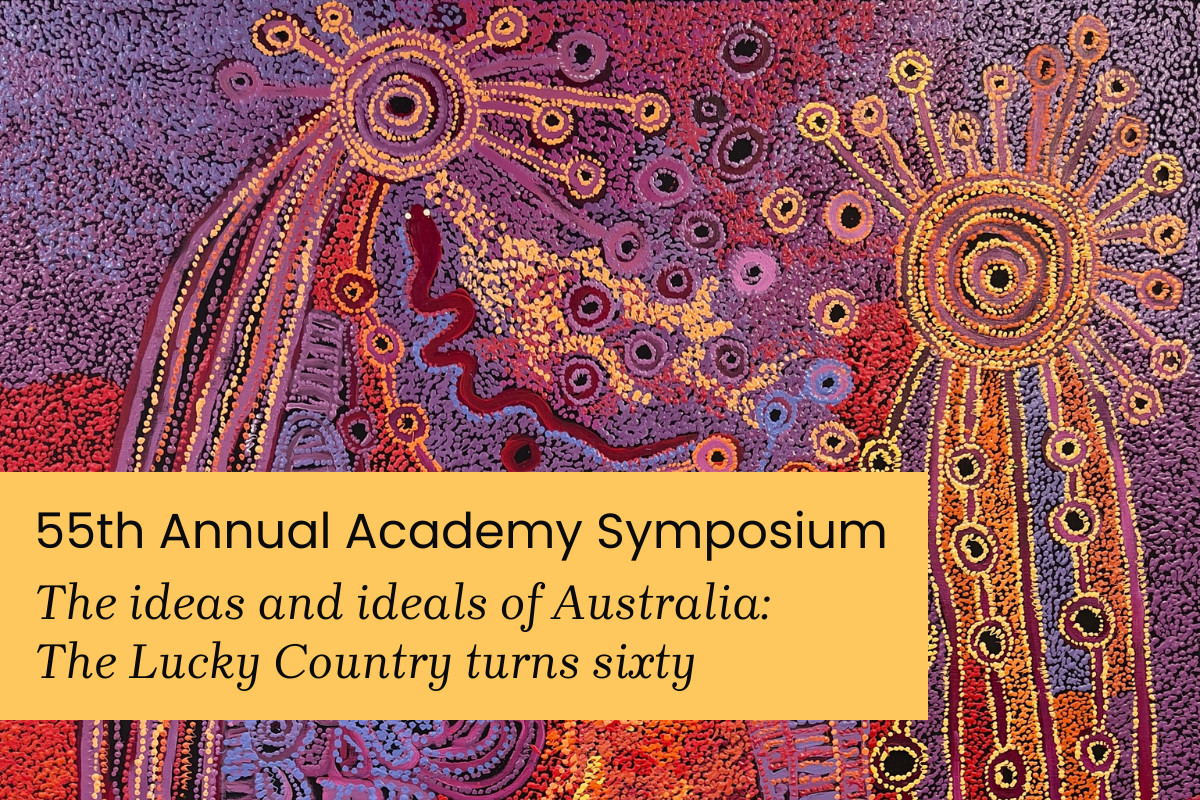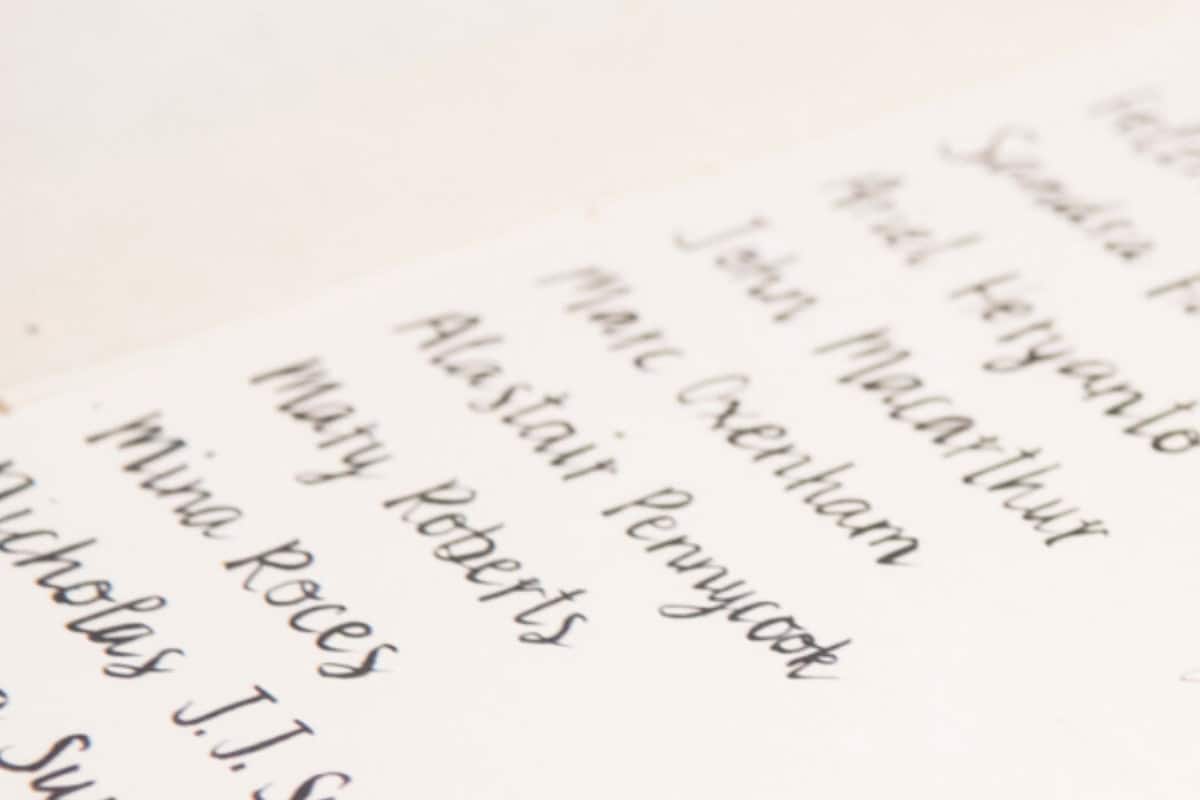Friday 15 November, 9.00-10.10am
Australia of The Lucky Country era has often been recalled as a closed society, in view of the tariff wall intended to protect Australian industry and the still prevailing notion of Australia as a ‘white nation’. It was also popularly imagined as a ‘man’s country’, its social policy underpinned by the male breadwinner and family wage, and its borders protected by a restrictive immigration policy. How ‘open’ is Australia today? Should we be more ‘open’? What are the pressures, opportunities and vulnerabilities – economic and security – tied up in such considerations? And what of Australia’s relationship with Asia? In 1995, Prime Minister Paul Keating declared that Australia should seek its security in, not from, Asia. In the three decades since, how has Australia’s engagement with Asia matched or departed from Keating’s ambition? Topics to be examined include the economy, immigration, the gender domains, relations with Asia and the COVID-19 pandemic.
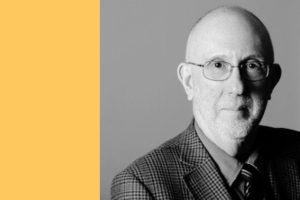 Chaired by Professor Frederick D’Agostino FAHA
Chaired by Professor Frederick D’Agostino FAHA
Fred D’Agostino is Emeritus Professor of Humanities at The University of Queensland. Before his retirement he was President of the Academic Board and Executive Dean of Arts. He works on the foundations of political philosophy and in scientific method. He edited The Australasian Journal of Philosophy, the journal PPE: Politics, Philosophy and Economics, and The Routledge Companion to Social and Political Philosophy. He was a UQ Senator, a member of the Council of The University of New England, Treasurer of the Queensland Academy of Arts and Sciences, and Vice-President of the Board of the Australasian Association of Philosophy. He came to Australia as a skilled migrant in 1978, working initially as a Research Fellow in the Research School of Social Sciences at the Australian National University, where he was supervised by two of the Academy’s Foundation Fellows, John Passmore AC and Jack Smart AC. He became an Australian citizen in 1994. His books are Chomsky’s System of Ideas, Free Public Reason, Incommensurability and Commensuration, and Naturalizing Epistemology. His current work is on the scholarly and scientific disciplines, and on the implications of complexity for social and political theory.
Speakers
Professor Marilyn Lake AO DLitt FASSA FAHA
In The Lucky Country Donald Horne pondered the imperative of ‘living with Asia’. Sixty years earlier in ‘Australian Ideals’ H.B. Higgins defined the ‘Asiatic coolie’ as the major threat to the definitive values of the new Commonwealth of Australia. The ‘great white walls’ were erected following his mentor Charles Pearson’s forecast that in the not too distant future China would be a global power in the world – ‘greater even than the US’.
In the Australian imaginary racial anxiety was heightened by spatial proximity – and the apparent force of gravity. Chinese hordes – or in more recent graphic images fighter jets – would descend on Australia threatening our existence. Despite finding more ways to ‘live with Asia’ in the last five decades – through trade, travel, diplomacy, education – we now find ourselves with AUKUS, urged by the US to buy their nuclear subs so we might take the fight to China to preserve the white man’s global dominance.
At a recent ASEAN summit Malaysia urged Australia to ‘accept’ Chinese power. But are we forever doomed to the foundational fear of racial domination?
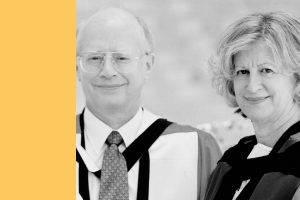
Marilyn Lake, DLitt, FAHA, FASSA, AO, Honorary Professorial Fellow at the University of Melbourne has published 15 books in Australian and transnational history, many of them prize-winning including, FAITH: Faith Bandler Gentle Activist published by Allen and Unwin in 2002; Drawing the Global Colour Line: White Men’s Countries and the Question of Racial Equality co-authored with Henry Reynolds published jointly by Cambridge University Press in the UK and Melbourne University Press in 2008; What’s Wrong with ANZAC? The Militarisation of Australian History co-authored with Joy Damousi, Mark McKenna and Henry Reynolds published by NewSouth in 2010; and Progressive New World: How Settler Colonialism and TransPacific Exchange Shaped American Reform published by Harvard University Press in 2019.
Lake was appointed to a Personal Chair at La Trobe University in 1994. She held a Visiting Chair at Stockholm University in 1997; the Chair in Australian Studies at Harvard University in 2001/2 and a Visiting Chair at the University of Maryland in 2009. Between 2013 and 2016, as ARC Professorial Fellow at the University of Melbourne, she convened the lecture/seminar series ‘Australia in the World’. Between 2010 and 2014, Lake served two terms as President of the Australian Historical Association.
Professor David Vines [online]
I will present a brief sketch of the way in which the Australian approach to economic policymaking has developed, ever since the mid-1920s. I aim to show the way in which the ideas contained in this distinctively Australian approach provided the foundation for the Hawke-Keating reforms of the 1980s and 1990s. The key players included Lyndhurst Giblin, Douglas Copland, “Nugget” Coombs, Trevor Swan, Sir John Crawford, Max Corden, and Ross Garnaut. The story of these people is an important – but so far unrecognised – part of Australia’s cultural heritage. Australian art, literature, music, and historical writing have all developed an important national tradition in the past hundred years, and this fact is now widely recognised. The economic writings which I will describe – and the policy outcomes to which these ideas led – are of similar importance. I also aim to show how this trajectory of economistic thinking parallels Donald Horne’s own journey, from where he started – as a supporter of the conservative ideas of people like Friedrich Hayek – to where he ended up – as a supporter of Whitlam-ite left-of-centre policies. The recent biography of Horne shows that he knew many of the people whose names I have mentioned. In my view they influenced him in important ways and he – in turn – greatly influenced them.
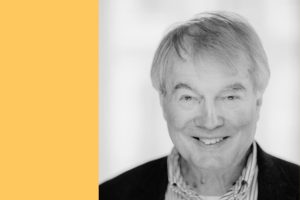 David Vines is Emeritus Professor of Economics, and Emeritus Fellow of Balliol College, at Oxford University. He is also the Director of the Ethics and Economics Programme at the Institute for New Economic Thinking in the Oxford Martin School, and a Research Fellow of the Centre for Economic Policy Research in London.
David Vines is Emeritus Professor of Economics, and Emeritus Fellow of Balliol College, at Oxford University. He is also the Director of the Ethics and Economics Programme at the Institute for New Economic Thinking in the Oxford Martin School, and a Research Fellow of the Centre for Economic Policy Research in London.
David obtained a BA in Economics and Mathematics from Melbourne University, and an MA and PhD in Economics from Cambridge University. Between 1985 and 1992 he was Adam Smith Professor of Political Economy at Glasgow University. From 2008 to 2012 he was the Research Director of PEGGED, a European Union Framework Seven Research Programme which studied the European Dimension of the Politics and Economics of Global Governance.
David’s published some of the earliest work on inflation targeting in the 1980s, in collaboration with Nobel-Prize-winner James Meade. His recent publications include Keynes: Useful Economics for the World Economy (MIT Press, 2014), written jointly with Peter Temin of MIT. He is currently writing about cooperation between fiscal and monetary policymakers, the reconstruction of macroeconomics as an intellectual discipline, the history of macroeconomic analysis and policymaking in Australia, and global economic governance in the new world order.
Dr Jennifer Gordon
Abstract pending.
 Dr Jenny Gordon is an Honorary Professor at POLIS: the Centre for Social Policy Research at the Australian National University and a non-resident fellow at the Lowy Institute. Jenny serves on the Asian Development Bank Institute’s (ADBI) Advisory Committee, and is a non-executive director for NCEconomics, part of the Alluvium Group. She has recently been a visiting fellow at the Mossavar-Rahmani Center for Business and Government at the Kennedy School at Harvard, and an academic visitor at Oxford’s Blavatnik School of Government and Business. Jenny was a member of the Australian International Agricultural Research Centre’s Monitoring, Evaluation and Learning Advisory Panel from 2020 to 2024. In 2023 she served as a co-chair for the Taskforce on Peace, Stability and Governance for the T7, organised by the ADBI.
Dr Jenny Gordon is an Honorary Professor at POLIS: the Centre for Social Policy Research at the Australian National University and a non-resident fellow at the Lowy Institute. Jenny serves on the Asian Development Bank Institute’s (ADBI) Advisory Committee, and is a non-executive director for NCEconomics, part of the Alluvium Group. She has recently been a visiting fellow at the Mossavar-Rahmani Center for Business and Government at the Kennedy School at Harvard, and an academic visitor at Oxford’s Blavatnik School of Government and Business. Jenny was a member of the Australian International Agricultural Research Centre’s Monitoring, Evaluation and Learning Advisory Panel from 2020 to 2024. In 2023 she served as a co-chair for the Taskforce on Peace, Stability and Governance for the T7, organised by the ADBI.
Jenny was the Chief Economist at DFAT from 2019 to 2021, joining DFAT from Nous Group, where she was the Chief Economist. Jenny spent 10 years with the Australian Productivity Commission as Principal Adviser (Research) from 2008. From 1995 to 2008 she worked at The Centre for International Economics (TheCIE), becoming a partner in 2002. Jenny has a PhD in Economics from Harvard University and started her professional career at the Reserve Bank of Australia.

